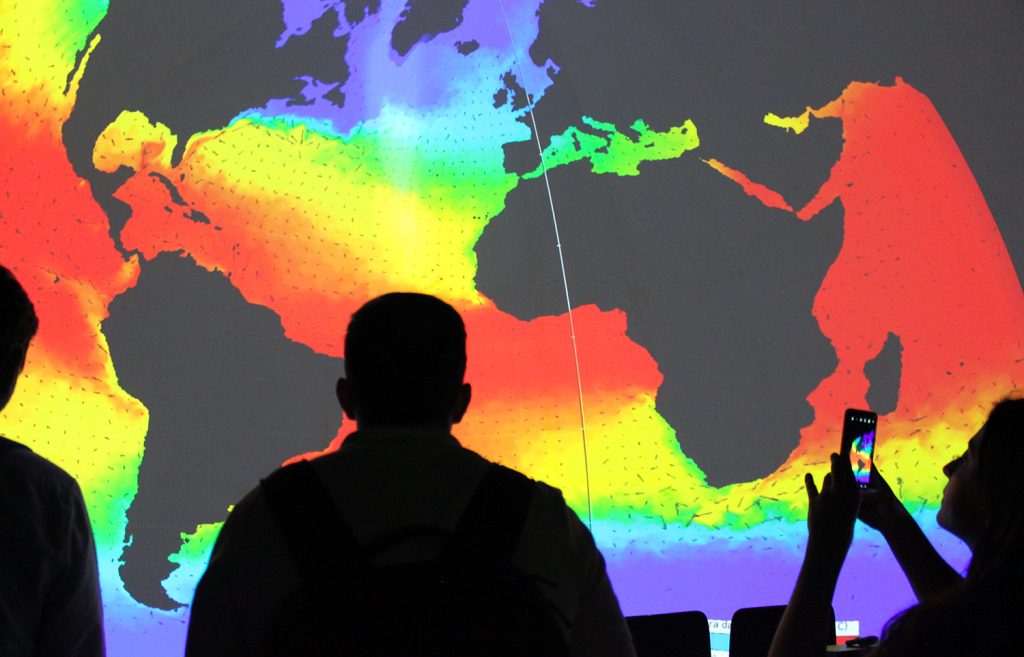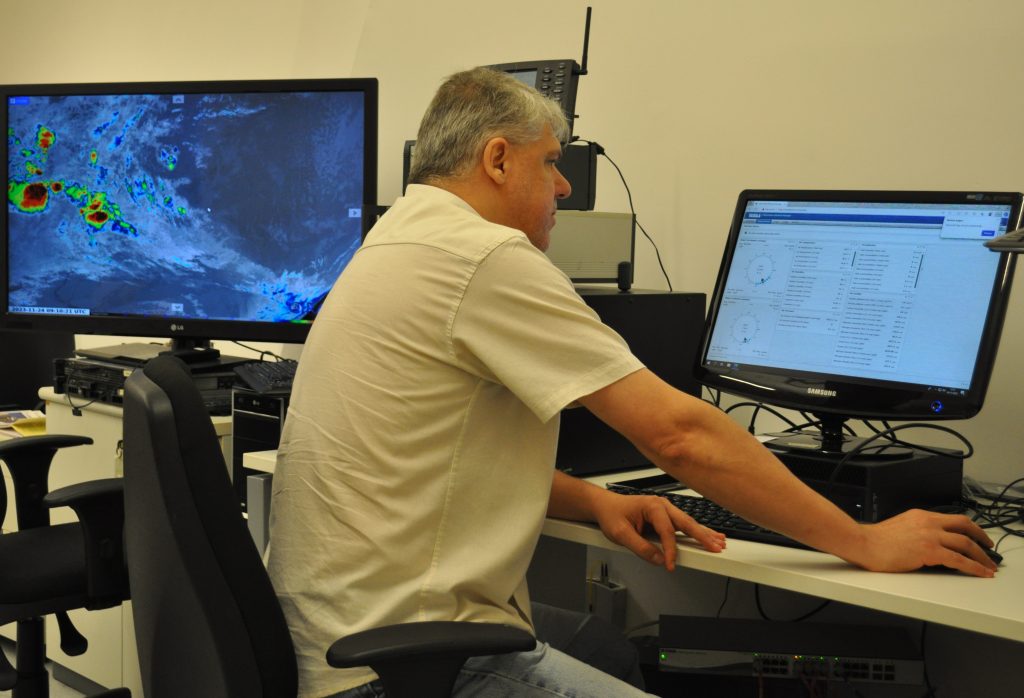Coppe joins a UNCTAD/UN partnership for harnessing Earth Observation technologies
Planeta COPPE / News
Date: 28/03/2024

The Laboratory of Computational Methods in Engineering (Lamce) at Coppe/UFRJ has signed a partnership with UNCTAD, an intergovernmental organization within the UN for trade and development, to assess the available geospatial Earth Observation technologies and harness them for urban planning in Brazil and South Africa.
With a joint project called Harnessing Space Technological Applications in Sustainable Urban Development, their teams will support the development of technical and human abilities to help both countries leverage science, technology, and innovation for sustainable urban development. The project focuses on analyzing settlement patterns in many territories and the impacts of meteorology and oceanography on urban metabolism. This joint work will provide Brazil and South Africa with much-needed data to support evidence-based urban planning and management and to report on their progress towards the Sustainable Development Goals (SDGs).

Fabio Hochleitner, a researcher at Lamce/Coppe, explains that space technologies can revolutionize the way these countries capture, visualize, and analyze data on the Earth’s surface, such as disaster-prone areas, local air and water quality, and transport networks. “The collected data on processes pertaining to air quality, bioclimatology, meteorology, and oceanography is directly related to applications for the environment, healthcare, agriculture, urban planning, and port management in the development of ‘digital twins’ for the areas of interest.”, explains Fabio.
UNCTAD’s economist Eugenia Núñez says that this project is an answer to the need to further support developing countries in using geospatial technology as a catalyst for smarter, more resilient, and inclusive cities. According to Eugenia, local partners and policymakers will be able to explore a programming language called “Julia” to integrate Earth Observation data with health and socioeconomic data as they step up their efforts to improve living conditions in informal settlements.
The two-year project will be launched in Brazil between April 3 and 5, at the Inovateca building in the Science Park of UFRJ, at Rua Aloísio Teixeira 564, Cidade Universitária. The event will present studies in line with the project, as well as computational tools in geoprocessing and Artificial Intelligence (AI) that help with geospatial and temporal analysis. Click here for the full schedule.
Lamce was chosen by UNCTAD for being the hub of the AIR (Atlantic International Research) Center in Rio de Janeiro since 2019. Its team of researchers had already been working for this Center on new information about climate change and issues related to the Atlantic, connecting deep-water technologies to space technologies through global cooperation. The accumulated knowledge at Lamce, which is coordinated by Professor Luiz Landau from the Civil Engineering Program of Coppe/UFRJ, can now help Brazil increase its capability in Earth Observation through this project with the UN.
- Climate Change
- Earth Observation
- SDG
- UN
- Urban Planning
